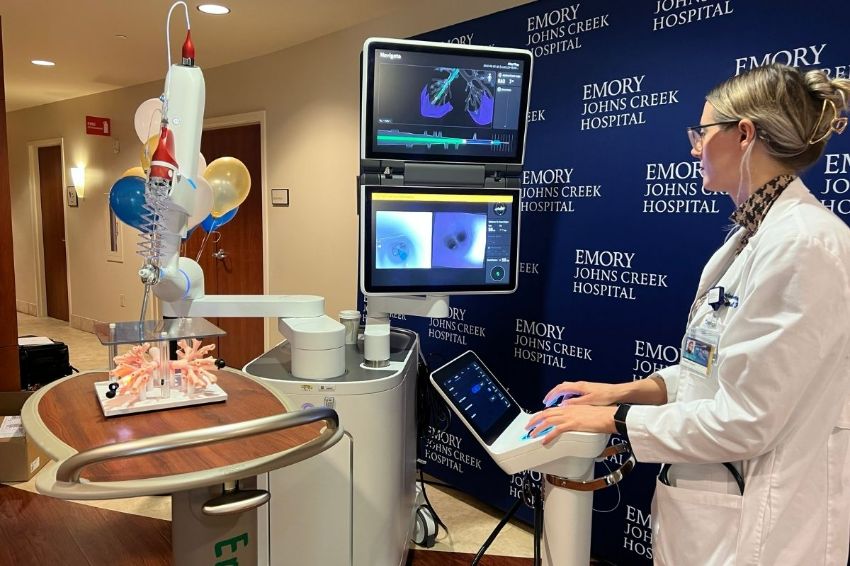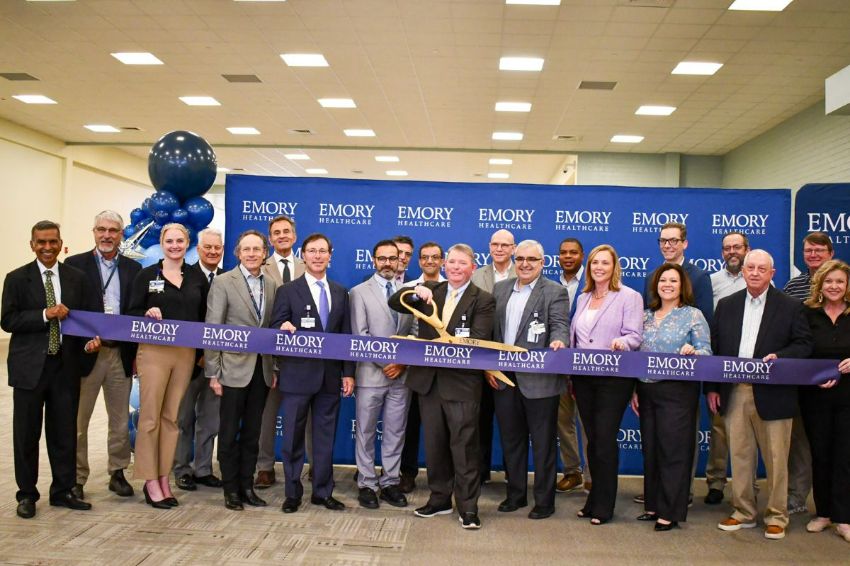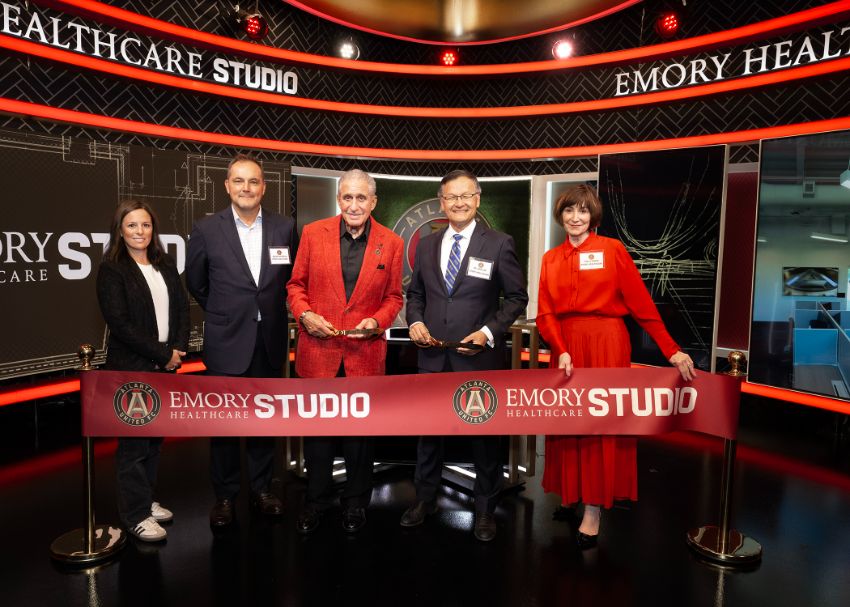A study based at Emory Healthcare and Mass General Brigham in Boston found the use of ambient documentation technology — defined as generative artificial intelligence (AI) for clinical notetaking during patient-clinician interactions — reduced burnout and improved clinician well-being. The findings, published in JAMA Network Open, suggest the use of the AI technology enhanced medical documentation, decreased burnout and allowed clinicians to spend more time focused on patient care.
Clinicians also found ambient document technology, in the form of a listening app on a phone or computer, improved the joy in practicing medicine, as they concentrated on conversations with patients instead of typing notes on a computer.
When looking at both well-being and burnout associated with documentation, at Emory Healthcare, the study showed a 30.7% absolute increase in well-being related to documentation at 60 days. At Mass General Brigham, ambient document technology was associated with a 21.2% absolute reduction in burnout prevalence at 84 days.
“Physician burnout remains one of the most pressing challenges in health care, driven in large part by the administrative burden of documentation,” says Reema Dbouk, MD, a primary care physician at Emory Healthcare and second author on the paper. “Ambient documentation technology offers a promising solution by reducing time spent on clerical tasks and allowing clinicians to focus more fully on patient care. Studying its impact on burnout is critical to understanding how this innovation can improve provider well-being, strengthen patient–provider relationships and enhance the overall efficiency of health care delivery.”
The pilot study involved 1,430 clinicians (557 at Emory Healthcare and 873 at Mass General Brigham) who agreed to use the listening technology during patient encounters in 2023 at Emory and in 2024 at Mass General Brigham. They also responded to surveys about their engagement with ambient documentation technology. At Emory, study participants took a pre-survey and then another survey at 60 days, with an 11% response rate. At Mass General Brigham, participants took a pre-survey, then other surveys at 42 and 84 days, with 30.4% and 22% response rates, respectively.




